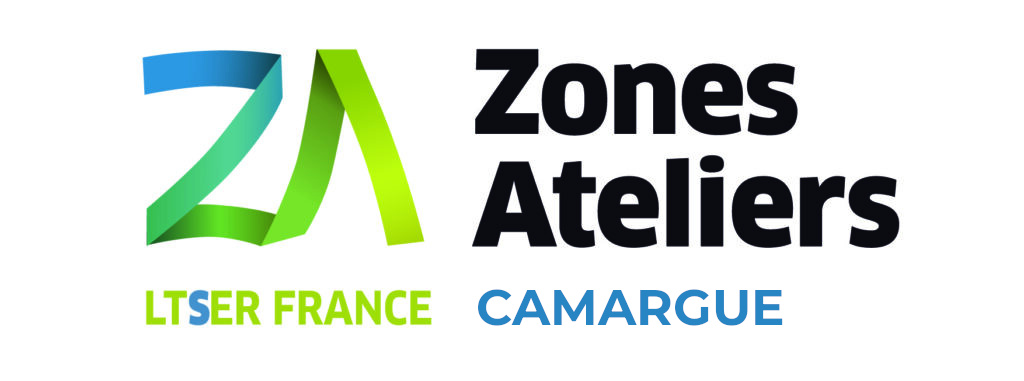Main axis
Main theme 1 : Circulating zoonotic pathogens
Main objective
The Camargue, rich in biodiversity and a migratory crossroads between Africa, Europe and the Mediterranean, is a strategic area for studying the emergence of zoonotic diseases. In recent years, there has been a resurgence of viruses such as West Nile, Usutuor H5N1and the emergence of indigenous cases of Dengue, Chikungunya and Zikalinked to the introduction of the tiger mosquito. Any infectious epidemic begins with the repeated exposure of a host to a pathogen circulating in the environment. The Camargue combines dense microbial biodiversity with a high level of human activity (livestock farming, fishing, agriculture, tourism), creating numerous opportunities for contact and transmission. The area is also home to invertebrates that are key to the life cycles of many pathogens (mosquitoes, freshwater snails), underlining the importance of understanding how these pathogens are transmitted: where these infectious agents circulate, what reservoirs they have and what are the risks of exposure for humans and animals? This area is part of a One Health preventive approach One Healthintegrating human, animal and environmental health. It also addresses interrelated issues such as antibiotic resistancein line with local infectious risk dynamics.
Description of the work
Destoumieux-Garzón, D., Matthies-Wiesler, F., Bierne, N., Binot, A., Boissier, J., Devouge, A., Garric, J., Gruetzmacher, K., Grunau, C., Guégan, J.F., Hurtrez-Boussès, S., Huss, A., Morand, S., Palmer, C., Sarigiannis, D., Vermeulen, R., Barouki, R. (2022). Getting out of crises: Environmental, social-ecological and evolutionary research is needed to avoid future risks of pandemics. Environment International 158. https://doi.org/10.1016/j.envint.2021.106915
Peyre, M., Vourc'h, G., Lefrançois, T., Martin-Prével, Y., Soussana, J. F., & Roche, B. (2021). PREZODE: preventing zoonotic disease emergence. Lancet (London, England), 397(10276), 792.
Vittecoq, M., Gauduin, H., Oudart, T., Bertrand, O., Roche, B., Guillemain, M., & Boutron, O. (2017). Modeling the spread of avian influenza viruses in aquatic reservoirs: A novel hydrodynamic approach applied to the Rhône delta (southern France). Science of the Total Environment, 595, 787-800.
Listen to the media :
ANSES seminar - Mosquito vectors - Paris, 25 April 2024.
To find out more :
- IPBES (2020) Workshop Report on Biodiversity and Pandemics of the Intergovernmental Platform on Biodiversity and Ecosystem Services. Daszak, P., Amuasi, J., das Neves, C. G., Hayman, D., Kuiken, T., Roche, B., Zambrana-Torrelio, C., Buss, P., Dundarova, H., Feferholtz, Y., Foldvari, G., Igbinosa, E., Junglen, S., Liu, Q., Suzan, G., Uhart, M., Wannous, C., Woolaston, K., Mosig Reidl, P., O'Brien, K., Pascual, U., Stoett, P., Li, H., Ngo, H. T., IPBES secretariat, Bonn, Germany, DOI:10.5281/zenodo.4147317.
Laboratories involved
The ZOOCAM project (PREZODE 1) involves 7 research laboratories:
- UMR MIVEGEC
- UMR IHPE
- UMR ISEM
- UMR CEFE
- UMR SENS
- MSH Sud
- and La Tour du Valat (private research institute)
Local players
In addition, there are collaborations with managers of natural areas where samples are taken for research purposes.
Preferred study sites
Academic coordinators
Frédéric Thomas
External presenters
And other external animators
